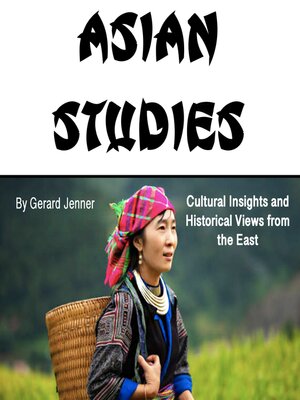Asian Studies
audiobook (Unabridged) ∣ Cultural Insights and Historical Views from the East
By Gerard Jenner

Sign up to save your library
With an OverDrive account, you can save your favorite libraries for at-a-glance information about availability. Find out more about OverDrive accounts.
Find this title in Libby, the library reading app by OverDrive.



Search for a digital library with this title
Title found at these libraries:
| Library Name | Distance |
|---|---|
| Loading... |
This audiobook is narrated by a digital voice.
The bustling financial district of Singapore rises from tropical waters like a modern Atlantis, its gleaming towers reflecting both the setting sun and the ambitious dreams of a small island nation that transformed itself from colonial trading post to global financial hub within a single generation. Prime Minister Lee Kuan Yew's vision of leveraging Singapore's strategic location and multicultural population to become a bridge between East and West has created a city-state that exemplifies Asia's remarkable economic transformation while challenging Western assumptions about the relationship between political systems, cultural values, and economic development.
The economic miracle that swept across East and Southeast Asia from the 1960s through the 1990s fundamentally altered global power relationships while demonstrating alternative pathways to modernization that did not require wholesale adoption of Western political institutions or cultural values. Countries like South Korea, Taiwan, and Singapore achieved unprecedented rates of economic growth through export-oriented industrialization strategies that combined strong state intervention with market mechanisms, creating development models that challenged prevailing economic orthodoxies while proving that Confucian cultural values could support rather than hinder capitalist economic development.
Japan's post-war recovery established the template for Asian economic success through a combination of technological innovation, export promotion, and strategic industrial policy that enabled a devastated nation to become the world's second-largest economy within three decades.







